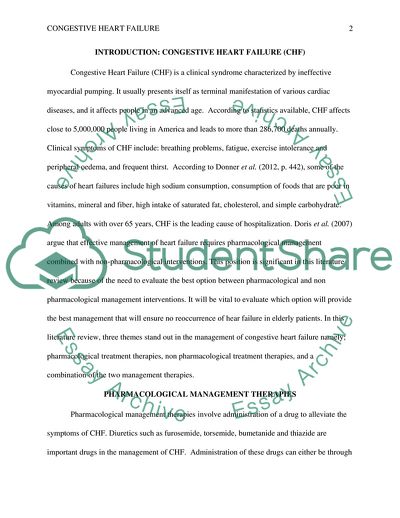Cite this document
(Literature Review Assignment Example | Topics and Well Written Essays - 2250 words - 1, n.d.)
Literature Review Assignment Example | Topics and Well Written Essays - 2250 words - 1. Retrieved from https://studentshare.org/nursing/1788991-literature-review
Literature Review Assignment Example | Topics and Well Written Essays - 2250 words - 1. Retrieved from https://studentshare.org/nursing/1788991-literature-review
(Literature Review Assignment Example | Topics and Well Written Essays - 2250 Words - 1)
Literature Review Assignment Example | Topics and Well Written Essays - 2250 Words - 1. https://studentshare.org/nursing/1788991-literature-review.
Literature Review Assignment Example | Topics and Well Written Essays - 2250 Words - 1. https://studentshare.org/nursing/1788991-literature-review.
“Literature Review Assignment Example | Topics and Well Written Essays - 2250 Words - 1”. https://studentshare.org/nursing/1788991-literature-review.


